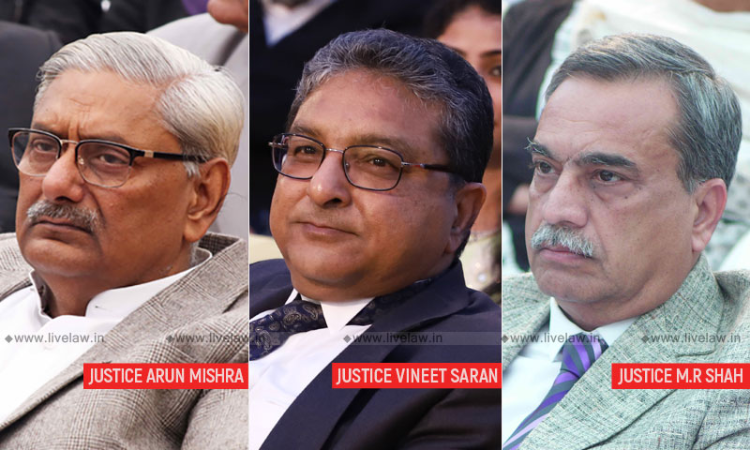Article 30 Doesn't Prevent State From Imposing Reasonable Regulations To Make Administration Of Minority Institutions Transparent : SC
LIVELAW NEWS NETWORK
30 April 2020 10:22 AM IST

The rights to administer an institution under Article 30 of the Constitution are not above the law and other Constitutional provisions, the Court held.
Next Story


